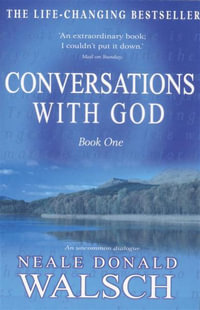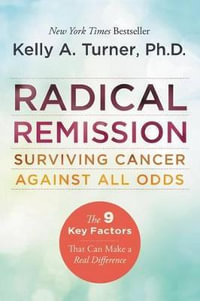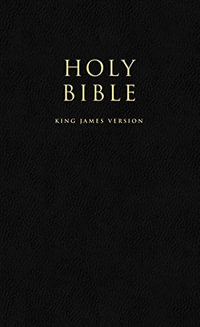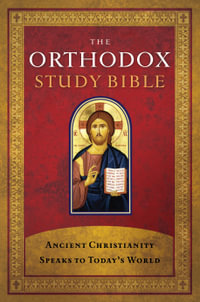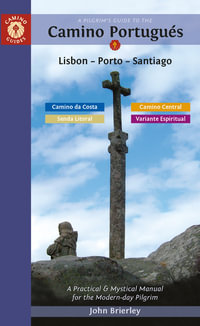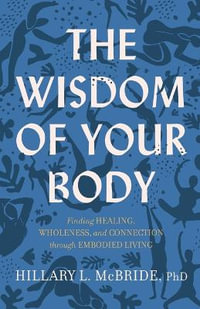To be baptized, particularly as an adult, indicating a radical change from the self-directed life to the life to be lived under the lordship of Jesus Christ, must be one of the most dramatic experiences available to us. To take part in the Lord's Supper--remembering his death for us--must be one of the most moving services in which we could ever participate. But are these ceremonies obligatory for the believer? Did Jesus explicitly or implicitly make them mandatory? Does it not seem somewhat strange that the gospel, by which we are freed from the Law of Moses, demands that we abide by two new ceremonial laws? However greatly they differed from one another, did the reformers go far enough in examining the Scriptures to see what they did indeed say about such ceremonies? Have we written back into our understanding of Scripture that so much underlies our present beliefs and practices? Does an examination of what the early fathers thought help or hinder us in our search for the truth? ""This study is vitally important for evangelism, especially those with whom Christians usually have had little contact. In Australia, that is 90% of the population. It is thoroughly researched, clearly explained, and entertaining in presentation. Newman has used a dialogue approach that is easily accessible and enables contrary views to be canvassed."" --Bruce Hall, Director of Evangelism and New Churches, Anglican Diocese of Sydney ""Good evangelical theology is marked by humility. Such is the greatness of its subject matter--God and his ways in the world--that all our thinking and practices must of necessity be subject to the ongoing careful scrutiny of Holy Scripture. On the sacraments, we are in Barry Newman's debt. Highly recommended."" --Robert Doyle, Moore Theological College, Sydney, and George Whitefield College, Cape Town ""This is a courageous book. It invites readers to humbly consider how the teaching of the Bible must not be held captive to even the best of human traditions. Is it possible that some historic Christian beliefs and practices have been built on fundamental misunderstandings? Of course it is. Can we today listen afresh to the Word of God? In this book, Dr. Newman helps us to do just that. Be brave: read it!"" John W. Woodhouse, Former Principal, Moore Theological College ""Through the entertaining genre of a dialogue, this book asks whether the Scriptures call for the two Protestant sacraments to be further reformed. It is a great question."" --Peter Bolt, Head of New Testament, Moore Theological College Barry C. Newman lectured in science education at the University of New South Wales, retiring as Head of the School of Teacher Education and Director of the Board of Studies in Professional Studies. While having an interdenominational ministry, he has been a lay preacher in the Anglican Diocese of Sydney since his youth. He has served on the councils of Moore Theological College and the Australian College of Theology. He is married to Laurie and has five daughters.
Industry Reviews
""This study is vitally important for evangelism, especially those with whom Christians usually have had little contact. In Australia, that is 90% of the population. It is thoroughly researched, clearly explained, and entertaining in presentation. Newman has used a dialogue approach that is easily accessible and enables contrary views to be canvassed.""
--Bruce Hall, Director of Evangelism and New Churches, Anglican Diocese of Sydney
""Good evangelical theology is marked by humility. Such is the greatness of its subject matter--God and his ways in the world--that all our thinking and practices must of necessity be subject to the ongoing careful scrutiny of Holy Scripture. On the sacraments, we are in Barry Newman's debt. Highly recommended.""
--Robert Doyle, Moore Theological College, Sydney, and George Whitefield College, Cape Town
""This is a courageous book. It invites readers to humbly consider how the teaching of the Bible must not be held captive to even the best of human traditions. Is it possible that some historic Christian beliefs and practices have been built on fundamental misunderstandings? Of course it is. Can we today listen afresh to the Word of God? In this book, Dr. Newman helps us to do just that. Be brave: read it!""
John W. Woodhouse, Former Principal, Moore Theological College
""Through the entertaining genre of a dialogue, this book asks whether the Scriptures call for the two Protestant sacraments to be further reformed. It is a great question.""
--Peter Bolt, Head of New Testament, Moore Theological College






![NRSV Catholic Bible Gift Edition [White] : Holy Bible - Thomas Nelson](https://www.booktopia.com.au/covers/200/9780785230380/2211/nrsv-catholic-bible-gift-edition-white-.jpg)
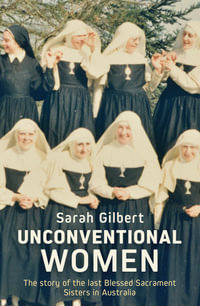
![NRSV Catholic Bible Gift Edition [Teal] : Holy Bible - Thomas Nelson](https://www.booktopia.com.au/covers/200/9780785230410/9912/nrsv-catholic-bible-gift-edition-teal-.jpg)
